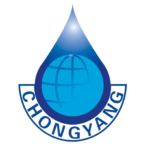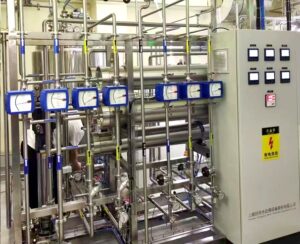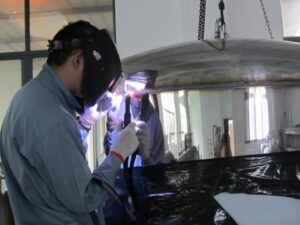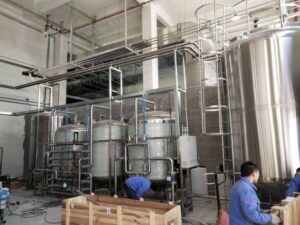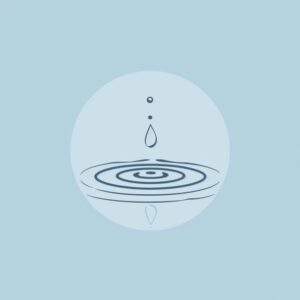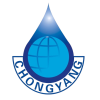Introduction
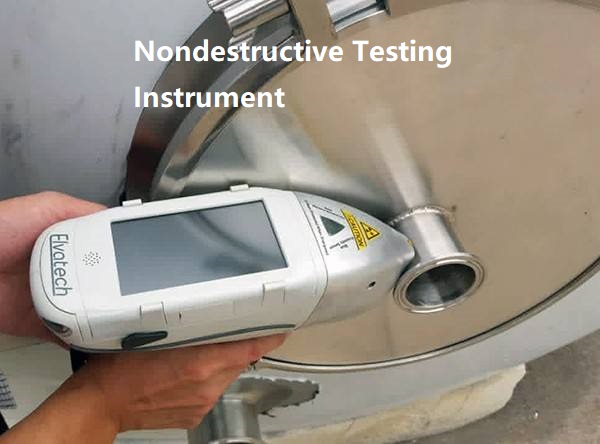
The material selection for pharmaceutical purified water equipment is critical to ensuring the production of high-quality water that meets stringent industry standards. The right materials contribute to system durability, prevent contamination, and maintain water purity throughout the purification process. This article outlines the key material requirements and considerations when selecting equipment for pharmaceutical purified water systems.
1. Importance of Material Selection
Material choice directly impacts the performance, safety, and longevity of pharmaceutical water systems. Using inappropriate materials can lead to contamination, corrosion, and compliance issues, ultimately affecting product quality and safety.
2. Common Materials Used in Pharmaceutical Water Equipment
2.1. Stainless Steel
- Grades: Typically, 316L stainless steel is preferred for its corrosion resistance and ease of cleaning.
- Applications: Used for piping, storage tanks, and key system components due to its durability and non-reactive nature.
2.2. High-Grade Polymers
- Types: PVDF (Polyvinylidene Fluoride) and PTFE (Polytetrafluoroethylene) are commonly used for their chemical resistance.
- Applications: Suitable for components that come into contact with aggressive chemicals or where metal is unsuitable.
2.3. EPDM and PTFE Gaskets
- Purpose: Gaskets made from EPDM or PTFE are used for sealing joints, providing chemical resistance and maintaining system integrity.
- Considerations: Must be compliant with pharmaceutical standards to avoid contamination.
3. Compliance with Regulatory Standards
3.1. FDA Compliance
- Material Certification: Ensure that materials are FDA-approved for use in pharmaceutical applications, which guarantees safety and non-toxicity.
3.2. cGMP and GMP Standards
- Hygienic Design: Materials must support easy cleaning and sterilization to comply with cGMP/GMP requirements, minimizing contamination risks.
3.3. ASME BPE Standards
- Bioprocessing Equipment: Ensure all materials and components comply with ASME BPE standards, which focus on the construction and design of bioprocessing equipment.
4. Considerations for Corrosion and Contamination Prevention
4.1. Corrosion Resistance
- Material Coatings: Consider materials with coatings or treatments that enhance corrosion resistance, especially in harsh environments.
4.2. Surface Finish
- Polishing Standards: A smooth surface finish (typically Ra ≤ 0.8 µm) is essential to prevent microbial adhesion and facilitate cleaning.
5. Durability and Maintenance
5.1. Longevity of Materials
- Wear Resistance: Choose materials that withstand the wear and tear of daily operations to ensure long-term durability.
- Maintenance Needs: Consider materials that require minimal maintenance, reducing system downtime and operational costs.
5.2. Ease of Maintenance
- Component Accessibility: Materials should be selected to facilitate easy maintenance and replacement, ensuring continuous operation.
Conclusion
Selecting the appropriate materials for pharmaceutical purified water equipment is crucial for ensuring system reliability, compliance with regulatory standards, and maintaining water purity. By considering factors such as corrosion resistance, regulatory compliance, and durability, you can optimize your system’s performance and longevity.
